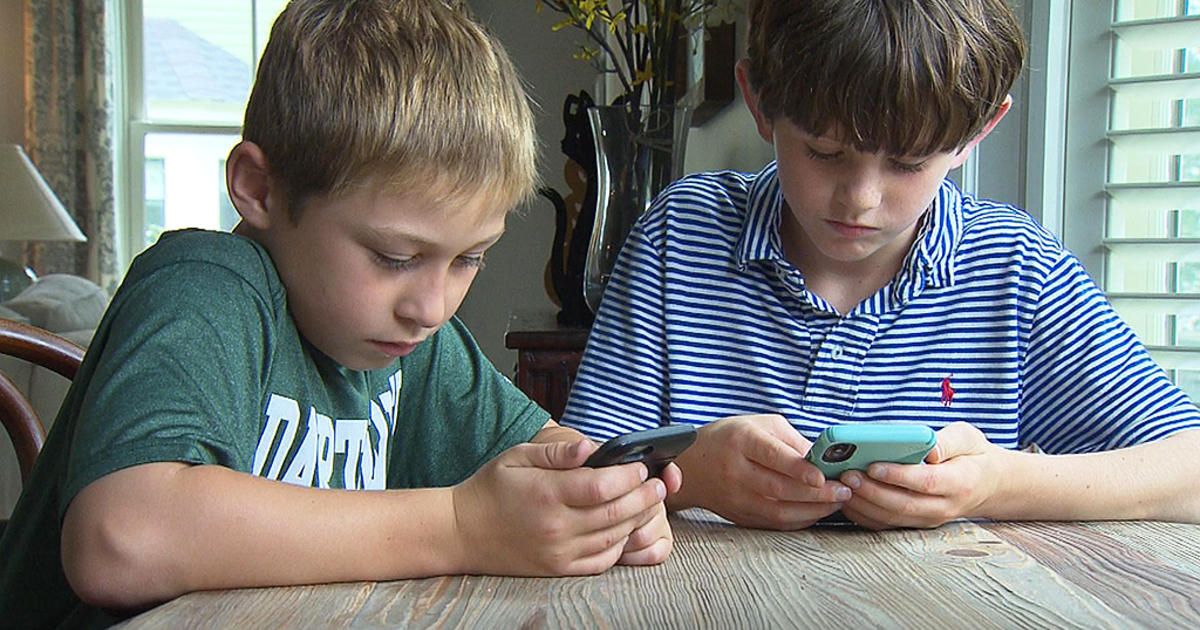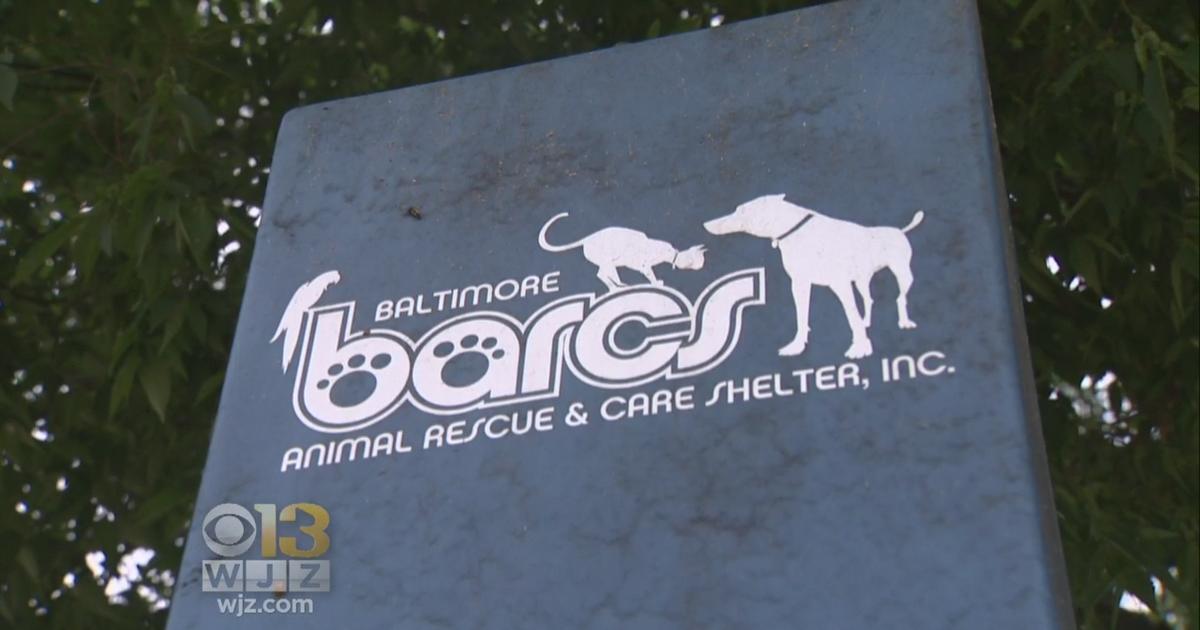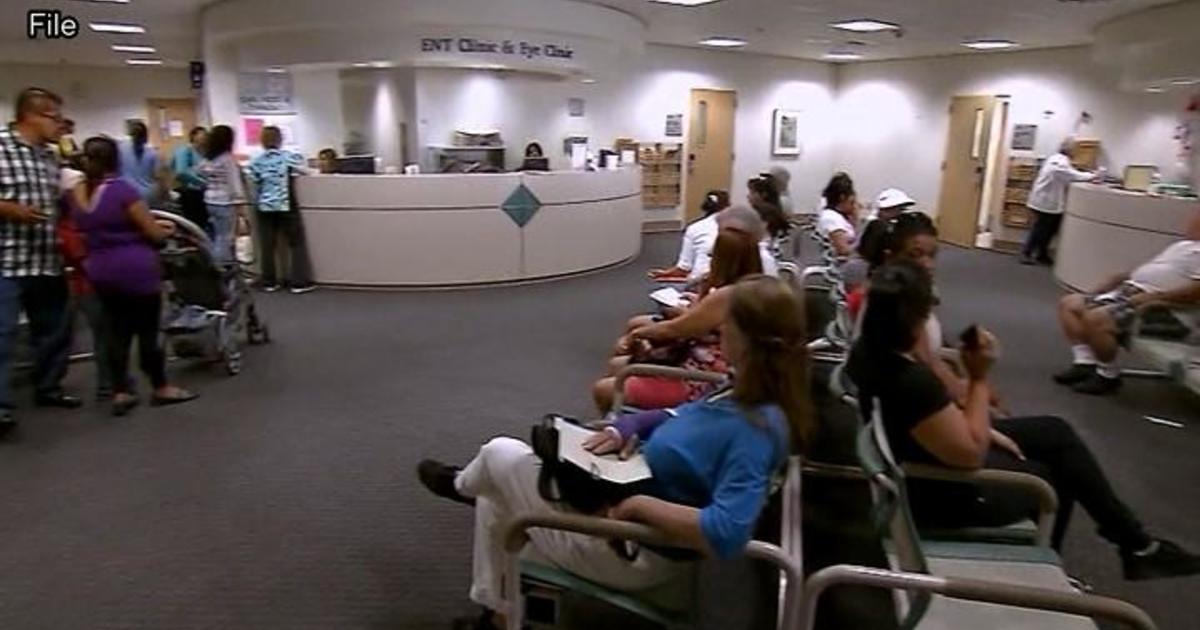Fake News: Tips On How To Distinguish It From The Real Thing
Teachers from elementary school through college are instructing students on how to decipher fact from fiction when it comes to online news, after an election season that saw made-up stories abound. Some of their lessons:
___
— URL look odd? That "com.co" ending on an otherwise authentic-looking website is a red flag. When in doubt, click on the "contact" and "about" links to see where they lead. A major news organization probably isn't headquartered in a house.
— Does it make you mad? False reports often target emotions with claims of outlandish spending or unpatriotic words or deeds. If common sense tells you it can't be true, it may not be.
— If it's real, other news sites are likely reporting it.
— How is the writing? Caps lock and multiple exclamation points don't have a place in most real newsrooms.
— Who are the writers and the people in the story? Google names for clues to see if they are legitimate, or not.
— What are fact-checking sites like Snopes.com and FactCheck.org finding?
— It might be satire. Sometimes foolish stories aren't really meant to fool.
— Think twice before sharing. Today, everyone is a publisher.
Follow @CBSBaltimore on Twitter and like WJZ-TV | CBS Baltimore on Facebook
(© Copyright 2017 The Associated Press. All Rights Reserved. This material may not be published, broadcast, rewritten or redistributed.)



